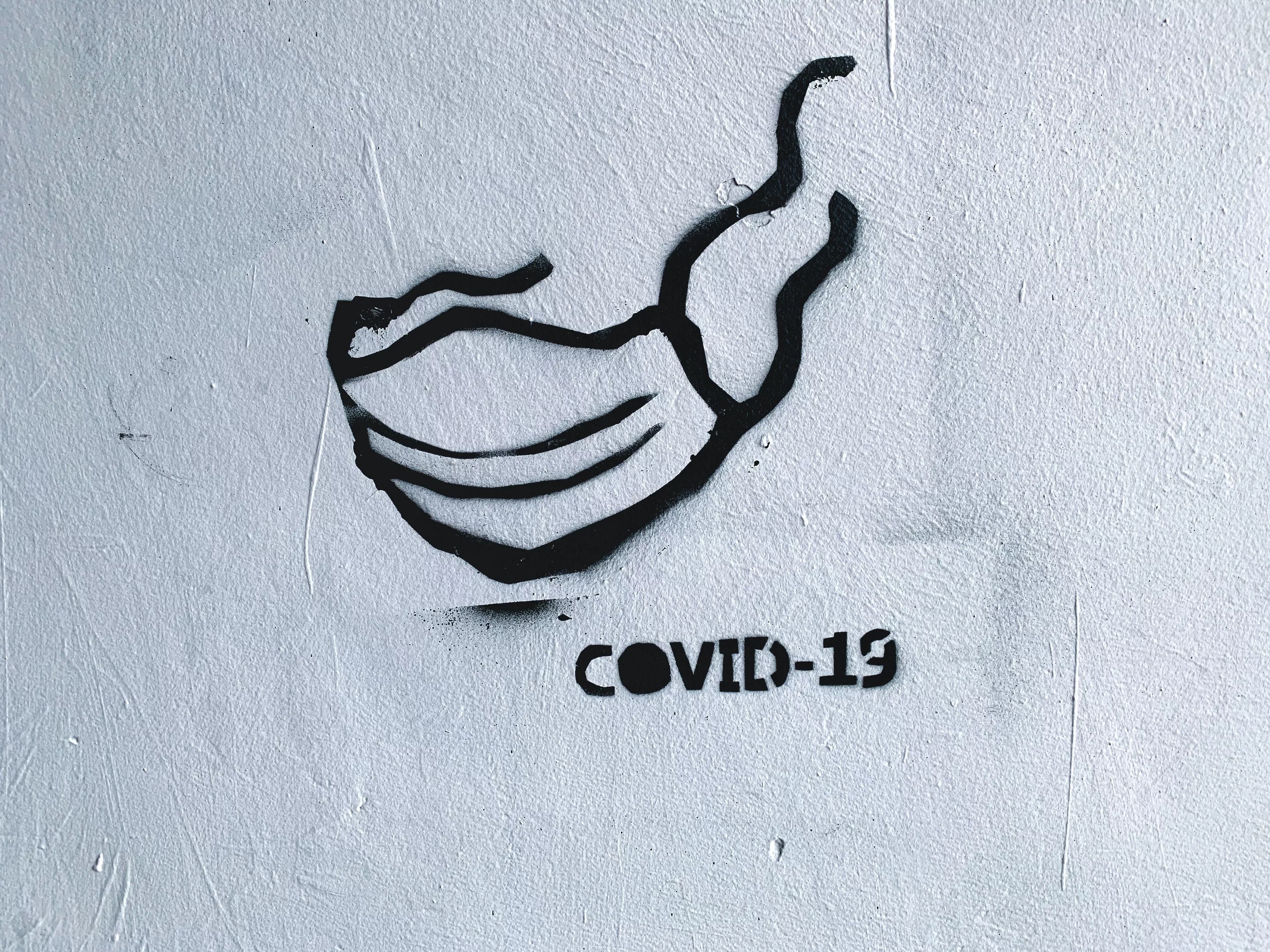
Photo by Adam Niecioruk/Unsplash

Audio By Carbonatix
The annual public-service announcement for Miami-Dade residents to refrain from firing celebratory shots into the air on the Fourth of July has become just as much a part of our traditions as beer, barbecue, and bikinis. New Times would still like to remind you, as we do every year, that what comes up must come down.
But this Independence Day weekend, fireworks mishaps and falling bullets aren’t the only things Miamians need to worry about. County and health officials are sounding the alarm about a disconcerting surge in hospitalizations, positive cases, and testing demand over the past two weeks because of COVID-19.
During an emergency Miami-Dade County Commission meeting on Wednesday, Mayor Carlos Giménez said the county experienced noticeable increases in positive COVID-19 cases following celebrations of recent holidays and special occasions including Easter, Mother’s Day, Memorial Day, Father’s Day, and school graduations.
County officials worry the Fourth of July holiday will bring another spike at a time when the county is already moving in the wrong direction. Giménez has closed beaches and parks from July 3 to July 7 to avoid the normally anticipated throngs of visitors. He also banned parades and gatherings of more than 50 people. Many cities have canceled fireworks shows.
Giménez said that what troubles him most is the increasing percentage of positive test results in the county. The Miami Herald reported that in early June, the positive rate was about 5 percent. The county’s most recent 14-day average shows a positive rate of nearly 19 percent.
Carlos Migoya, president and CEO of Jackson Health System, said the number of patients hospitalized for COVID-19 and the number of people in intensive-care beds has doubled over the last 14 days. And about one-third of patients seeking medical care at Jackson unrelated to the virus also have tested positive.
Helga Segura, a nurse at Jackson, called in to the commission meeting to say that the hospital is seeing “an enormous amount” of COVID-19 patients and that the virus’ spread needs to be controlled.
“Our hospital’s capacity is being pushed to the limit right now,” Segura said. “Once the hospitals meet capacity, do we have a plan for that?”
Starting Monday, the Jackson hospital network will limit non-emergency surgeries and procedures to free up beds for more COVID-19 patients. The hospital system also is looking to hire 78 more nurses and 50 patient-care technicians.
“We can hold ourselves up as best we can, but we can’t hold ourselves up forever if the trends keep up the way they are,” Migoya told commissioners during the meeting. “If the trends keep up the way they are, we will be inundated, and we can’t afford to do that.”
Even as Florida is experiencing a surge in positive cases, Gov. Ron DeSantis has said he won’t shut down the state again. Giménez said during the commission meeting that he, too, is hesitant to order a “wholesale shutdown” of the county again, but he didn’t entirely rule it out. The mayor said new shutdowns, if necessary, would be done incrementally, starting with the least essential businesses.
“That’s not somewhere I wanna go,” Giménez said during the emergency meeting. “That would be devastating for a lot of people.”
Giménez said the county’s May and June reopening plans were drafted with assistance from medical experts and meant to “guarantee a level of safety.”
“We never said it was gonna be 100 percent as more and more people go out and interact,” he said.
DeSantis and Giménez have singled out rule-breaking young people in pointing to the cause of the recent rise in cases, and the Miami Herald has reported a surge in younger, less-sick patients.
“What happened was that young people started doing what young people do,” Giménez said during the meeting. “They did not maintain social distancing, did not wear masks.”
Dr. Terry Adirim, senior associate dean for clinical affairs at Florida Atlantic University’s college of medicine, tells New Times the lack of a cohesive strategy to extinguish the outbreak from the outset and squelch future increases hasn’t helped. Adirim, who was a senior public health official in the U.S. Department of Defense and worked on the federal response to the 2009 H1N1 pandemic, says parts of Florida didn’t meet the criteria for Phase 1 reopenings, and now the state’s cases are out of control.
“It didn’t have to be this way,” she says.
Adirim says new stay-at-home orders and closures are necessary to limit the places people can congregate.
Kathleen Sposato, senior director of infection prevention for Jackson Health System, says Miami-Dade needs to consider eliminating indoor dining entirely, and that any scenario in which people are indoors without facemasks is “going to be a risky situation.”
Sposato says she was optimistic that people would follow mask and social-distancing protocols when the county reopened. Now, “I’m losing some of my optimism,” she says.
On July 1, Giménez ordered that everyone in Miami-Dade wear a mask any time they’re in public except when they’re in their cars, a home, or a place of worship. Exceptions still apply to children younger than two years old and people who can’t wear masks because of a medical condition.
Dr. Lilian Abbo, chief of infection prevention and control at Jackson Health System, said during a virtual press conference this week that medical professionals need the community’s help to control the spread of the virus. The positive rate of infection for Jackson employees has increased from 7 percent to 12 percent in recent weeks. If nurses and doctors become sick or exhausted because of the increase in cases, Abbo pointed out, they won’t be able to take care of the public.
“The battle against COVID-19 can’t just be fought inside hospitals,” Abbo said. “It has to be fought by everyone in the community. If you don’t want to drown, you learn to swim. We all need to learn to swim in this pandemic.”